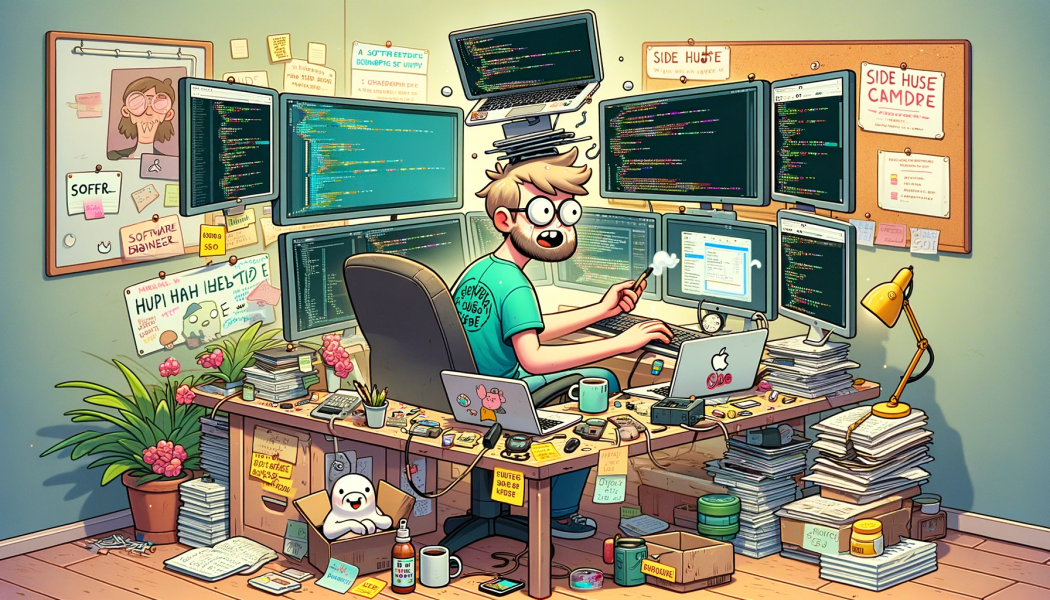
Why IT Engineers Over 40 Should Prepare a Backup Plan
In the fast-paced world of IT, professionals face evolving technology, market demands, and industry shifts that create uncertainties. This is especially true for IT engineers as they approach their 40s. With experience comes wisdom, but also the realization that job security isn’t always guaranteed in such a dynamic field. Here’s why it’s essential for mid-career IT professionals to prepare a backup plan.
1. Skill Obsolescence
Technologies change rapidly in IT. Skills that were highly relevant a decade ago may no longer be in demand. For engineers over 40, keeping up with emerging trends such as cloud computing, AI, and cybersecurity is crucial. A backup plan may involve upskilling or reskilling to remain competitive in the job market.
2. Increased Competition
The IT industry is highly competitive, and younger generations entering the workforce bring fresh perspectives and cutting-edge knowledge. For those in their 40s, maintaining an edge in this competitive landscape can be challenging. Having a backup plan that includes networking and professional development can help mitigate this.
3. Job Stability Concerns
As IT engineers grow older, concerns about job stability increase. While experience is valuable, organizations might prioritize cost-effective younger talent or outsource jobs to reduce expenses. Creating a backup plan, such as exploring consulting roles or independent freelancing, provides more control over one’s career.
4. Work-Life Balance and Personal Priorities
By age 40, personal priorities such as family commitments and health concerns often become more prominent. IT engineers may desire more flexibility or reduced stress levels. Planning for a career shift towards roles that offer better work-life balance, or transitioning into less demanding positions, can safeguard their well-being.
5. Financial Preparedness
Building financial stability is critical at any age, but it becomes especially important in your 40s. A backup plan may include saving for retirement, setting up emergency funds, or investing in secondary income streams to ensure long-term financial security, even if the primary job becomes uncertain.
In conclusion, having a backup plan after the age of 40 is not just a safety net but a strategic move for IT engineers looking to navigate the uncertainties of the industry and ensure long-term career success.



